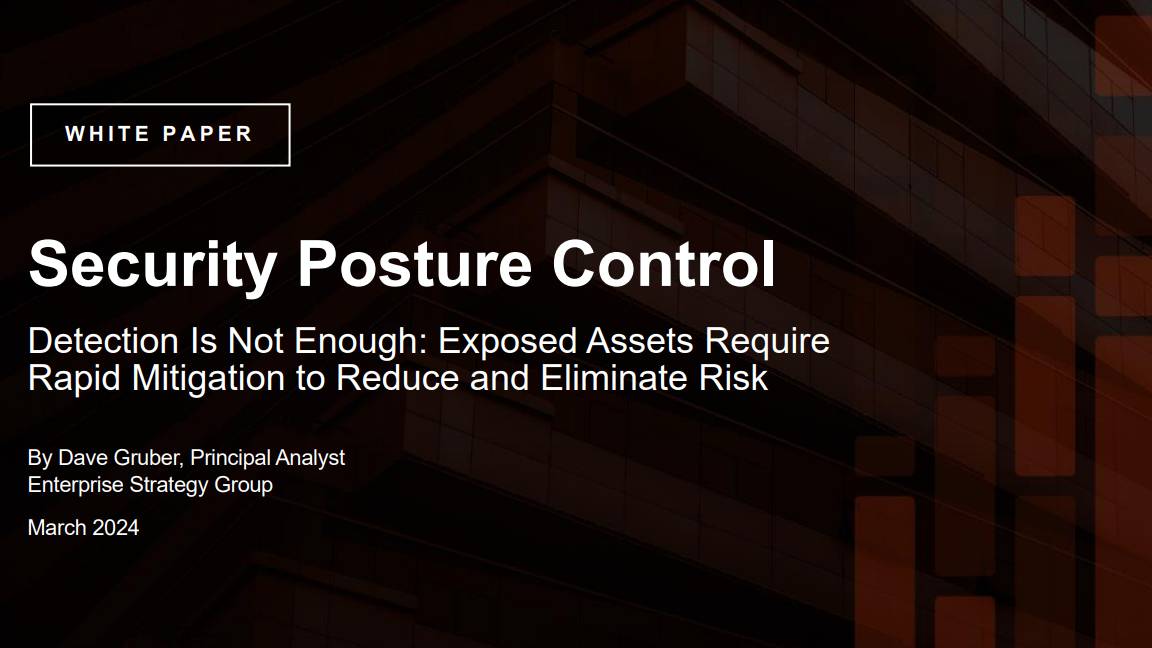Symantec: Disable your pcAnywhere software
The security giant advises users against running pcAnywhere until it has fixed vulnerabilities highlighted by a source code leak.


Symantec is telling IT departments to disable its remote access software solution pcAnywhere after a source code leak meant the product faced an "increased security risk."
The security giant said it was reaching out to customers to warn them of additional dangers, after it admitted source code relating to various products was stolen.
Hacktivist group Anonymous had threatened to release Symantec source code earlier this month, leading the Norton provider to admit a breach in 2006 had compromised information.
Symantec recommends disabling the product until we release a final set of software updates.
Prior to today's revelation, Symantec had simply asked IT departments to ensure best practices with pcAnywhere use. The reviewed advice indicates the 2006 hack exposed more than initially thought.
"Symantec has taken an aggressive position to ensure pcAnywhere customers are protected. At this time, Symantec recommends disabling the product until we release a final set of software updates that resolve currently known vulnerability risks," a spokesperson said.
"For customers that require pcAnywhere for business critical purposes, it is recommended that customers understand the current risks, ensure pcAnywhere 12.5 is installed, apply all relevant patches as they are released, and follow general security best practices."
Get the ITPro daily newsletter
Sign up today and you will receive a free copy of our Future Focus 2025 report - the leading guidance on AI, cybersecurity and other IT challenges as per 700+ senior executives
From the 2006 hack, affected products include old versions of Norton Antivirus Corporate Edition, Norton Internet Security, Norton SystemWorks (Norton Utilities and Norton GoBack), as well as pcAnywhere. Symantec Endpoint Protection (SEP) 11.0 and Symantec AntiVirus 10.2 also inherited a very small amount of exposed code.
Tom Brewster is currently an associate editor at Forbes and an award-winning journalist who covers cyber security, surveillance, and privacy. Starting his career at ITPro as a staff writer and working up to a senior staff writer role, Tom has been covering the tech industry for more than ten years and is considered one of the leading journalists in his specialism.
He is a proud alum of the University of Sheffield where he secured an undergraduate degree in English Literature before undertaking a certification from General Assembly in web development.
-
 Should AI PCs be part of your next hardware refresh?
Should AI PCs be part of your next hardware refresh?AI PCs are fast becoming a business staple and a surefire way to future-proof your business
By Bobby Hellard
-
 Westcon-Comstor and Vectra AI launch brace of new channel initiatives
Westcon-Comstor and Vectra AI launch brace of new channel initiativesNews Westcon-Comstor and Vectra AI have announced the launch of two new channel growth initiatives focused on the managed security service provider (MSSP) space and AWS Marketplace.
By Daniel Todd
-
 The big book of selling data protection
The big book of selling data protectionWhitepaper Agile risk management starts with a common language
By ITPro
-
 Detection is not enough: Exposed assets require rapid mitigation to reduce and eliminate risk
Detection is not enough: Exposed assets require rapid mitigation to reduce and eliminate riskWhitepaper Agile risk management starts with a common language
By ITPro
-
 Modern enterprise cybersecurity
Modern enterprise cybersecuritywhitepaper Cultivating resilience with reduced detection and response times
By ITPro
-
 IDC InfoBrief: How CIOs can achieve the promised benefits of sustainability
IDC InfoBrief: How CIOs can achieve the promised benefits of sustainabilitywhitepaper CIOs are facing two conflicting strategic imperatives
By ITPro
-
 Security operations use case guide
Security operations use case guideWhitepaper Improve your cyber resilience and vulnerability management while speeding up response times
By ITPro
-
 Creating a proactive, risk-aware defense to thrive in today’s dynamic risk environment
Creating a proactive, risk-aware defense to thrive in today’s dynamic risk environmentWhitepaper Agile risk management starts with a common language
By ITPro
-
 Turn banking technology risks into business advantages
Turn banking technology risks into business advantagesWhitepaper Five proven practices to make it happen
By ITPro
-
 Take your business further with a dedicated internet connection
Take your business further with a dedicated internet connectionwhitepaper Achieve internet speed and reliability to match your business ambitions
By ITPro